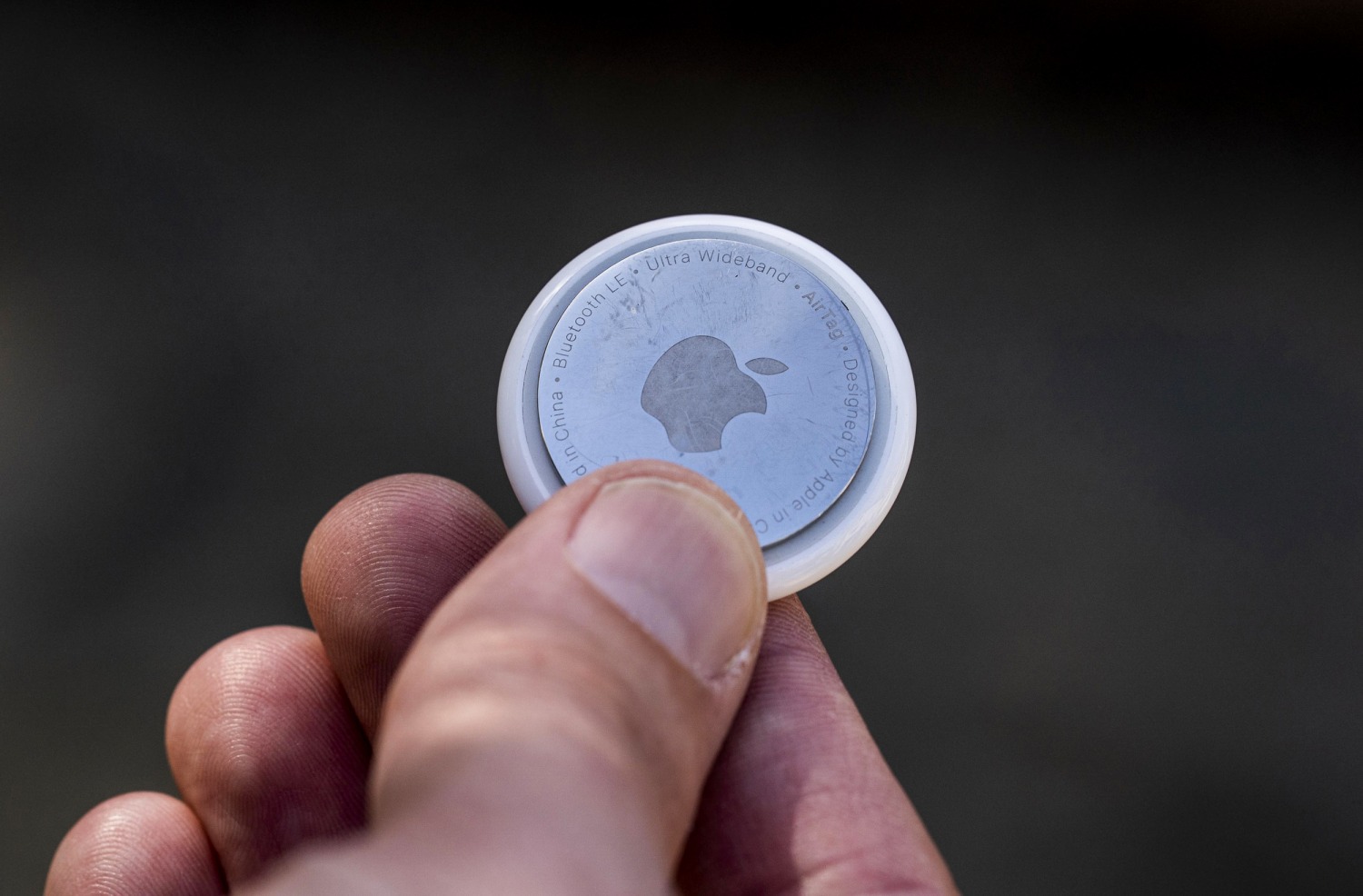Earlier this year, a thought-provoking report by Reuters shed light on the deceptive recycling practices of Dow Inc. and the Singapore government, revealing the power of Apple’s AirTag item tracker. Building upon this investigative approach, journalist Pamela Cerdeira has recently unveiled a compelling video showcasing her use of AirTags to trace the path of charitable donations intended for earthquake-stricken Turkey collected by the Mexican government.
In response to the devastating earthquakes that struck Turkey earlier this year, generous individuals and organizations in Mexico rallied together to collect donations. These items were intended to provide much-needed relief to the affected regions in Turkey. However, Cerdeira’s shocking findings unveiled a disheartening truth—the donations never reached their intended destination, nor did they even leave the confines of Mexico City.
Through her diligent efforts, Cerdeira meticulously utilized AirTags to track these vital donations’ journeys. The results were astounding, as the AirTags exposed misappropriation and deceit. It became apparent that the officials entrusted with handling and distributing the donations had ulterior motives. Instead of ensuring their safe passage to Turkey, they callously diverted the donations for their gain, leaving the earthquake-stricken victims deprived of the help they desperately needed.
Uncovering the Betrayal: AirTags Reveal Diversion of Donations from Turkey
Cerdeira’s video is a damning indictment of the Mexican government’s failure to uphold its responsibility in facilitating humanitarian aid efforts. By utilizing AirTags, she effectively brings to light the magnitude of the problem and the need for greater transparency and accountability in charitable initiatives.
This revelation highlights the importance of investigative journalism and raises pertinent questions about the integrity and reliability of charitable systems. It serves as a reminder that while many individuals generously donate to make a difference, there remains a pressing need to ensure that these contributions reach the intended beneficiaries and are not exploited for personal gain.

In a recently published YouTube video, investigative journalist Pamela Cerdeira recounts her experience donating essential items—a bag of rice and a package of toilet paper—to designated donation centers in Mexico City, intending to aid earthquake-stricken Turkey. However, harboring doubts about the transparency of the donation process, Cerdeira decided to employ Apple’s AirTag technology by discreetly placing one inside each donated item.
As time progressed, the Find My app provided an alarming revelation—the donated items were not being directed toward Turkey as promised. Determined to uncover the truth, Cerdeira embarked on a journey throughout Mexico City, utilizing the Find My app to track the whereabouts of her donations. To her dismay, the app indicated that the bag of rice and the package of toilet paper had been separated, but neither had reached their intended destination in Turkey.
Restoring Trust and Strengthening Charitable Systems: The Role of Transparency and Accountability
Armed with the Find My app, Cerdeira discovered that both donations had ended up in different local markets, where vendors engaged in the illicit act of reselling the goods. Her first attempt to retrieve the bag of rice at the indicated location was met with resistance, as she was denied access to the premises. Undeterred, she proceeded to the market where the package of toilet paper was reportedly located, leveraging the precision finding capabilities of the Find My app to confirm its presence and ascertain that it was indeed being resold.
While it remains uncertain whether this unfortunate outcome is an isolated incident or indicative of a larger issue concerning donations in Mexico, government officials have expressed their commitment to investigating Cerdeira’s findings. The situation underscores the remarkable versatility of AirTags, which have proven effective in diverse scenarios, including tracking stolen cars, recovering stolen funds, and even locating everyday items like keys.
Cerdeira’s video is a powerful reminder of the importance of transparency and accountability within charitable initiatives. Instances like these call for greater scrutiny and measures to safeguard the integrity of donations, ensuring that they reach their intended recipients and serve their intended purpose. Tracking technologies like AirTags can be instrumental in promoting trust, discouraging misconduct, and preserving the spirit of generosity and compassion that underpins humanitarian efforts worldwide.











